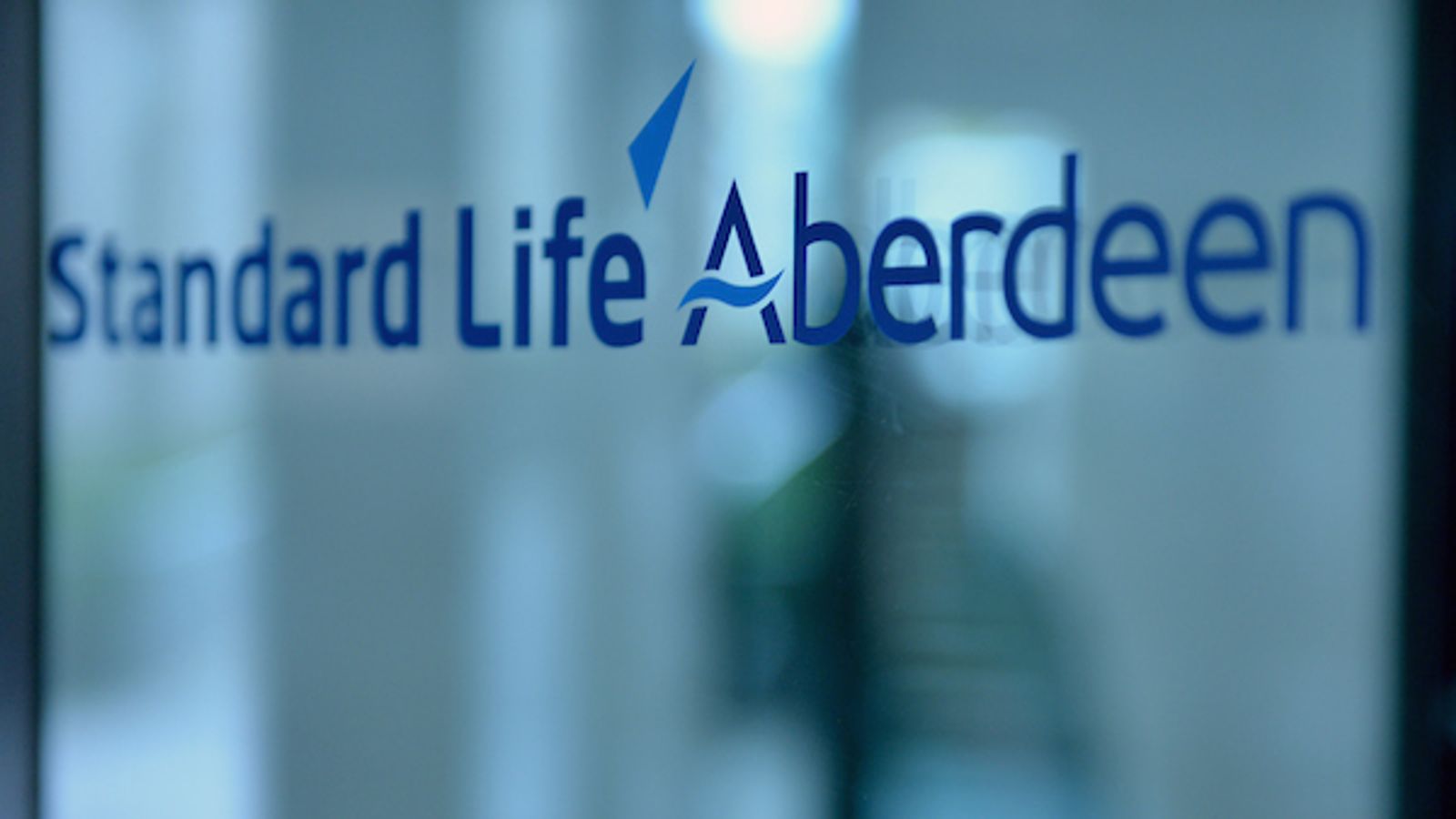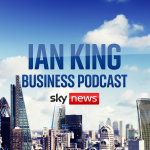Most corporate name changes are met with derision.
When the company formed from the merger of Guinness and Grand Metropolitan announced that, henceforth, it would called Diageo, the Financial Times wondered whether the new name came from “an Italian footballer or a cure for colic”.
Similarly, when the business formed from the merger of the insurers Norwich Union and CGU announced it would be adopting the name Aviva instead of CGNU, The Times called it “yet another meaningless name destined to sow confusion”.
Yet both monikers, respectively 24 years old and 19 years old, have now gained widespread respectability and acceptance as the names of two of the best-known businesses in the FTSE 100.
So Stephen Bird, chief executive of fund manager Standard Life Aberdeen, will probably not be too perturbed at the initial sniffy reaction to a planned name change at the company to Abrdn – which will be pronounced “Aberdeen”.
The company described the new identity as “a modern, agile, digitally-enabled brand”.
But FT readers commenting on the newspaper’s website were almost universally critical.
One asked: “Are they trying to sell overpriced and poorly performing funds to teenagers on TikTok? Absolute joke.”
Another said, sarcastically: “In my experience, a superficial name change is the best way to tackle deep-rooted fundamental issues. Well done SLA!”
Mr Bird brushed off the criticism.
He told Sky News: “What is important is what we deliver to clients. We are focused for delivering for clients.”
Mr Bird was unable to say how much the rebrand – by the same image consultants, Wolf Olins, who came up with the name Diageo – had cost.
But he insisted that, as the business would now be trading one brand name instead of five different ones previously, it would represent a saving over time.
He added: “It was not a lot of money to develop the identity.”
In fact, leaving aside all the jokes about the company having to remove all the E’s from its keyboards, there was actually a fair bit of pragmatism behind the new identity.
The different branding – for example the fund management arm is currently known as Aberdeen Standard Investments, the financial planning arm is called 1825 and the discretionary investment management arm is called Aberdeen Standard Capital – was somewhat confusing and so replacing them with one single identity may enhance understanding.
The Standard Life name was sold for £60m earlier this year to the life company Phoenix Group and so the question the company will have asked itself is whether it wanted to drop the Aberdeen name as well.
However, given the millions of pounds that Aberdeen has spent on sponsorship during the last four decades in rugby, golf (it has sponsored the Scottish Open since 2012), skiing and the arts, that might have been regarded as wasteful.
Mr Bird added: “When you have been supporting five brands and but now you’re [only] supporting one, every pound or dollar that you spend is going to go much further.
“The spoken name of Aberdeen has been practiced throughout the world for the last 40 years, since the company was founded, so the spoken name Aberdeen has high recognition.”
Ultimately, as Mr Bird well knows, shareholders – who recently suffered the first dividend cut since the old Standard Life demutualised and floated on the stock market 15 years ago – will be more interested in hearing about the company’s progress in delivering to clients and improving its efficiency rather than a name change.
SLA, in common with many active fund managers, has suffered client outflows for several years now running into tens of billions of pounds.
That was partly due to a specific loss of some business from an individual client, Scottish Widows, but also reflects a growing trend for investors to move from “active” fund managers to low cost “passive” investments such as tracker funds.
Mr Bird insisted that real progress was being made in terms of improving the performance of the company’s funds.
He said that 66% of its funds were beating their benchmark at the crucial three year mark while, at the one year mark, some 71% of funds were ahead of the benchmark.
Mr Bird added: “[We have said previously that], as we come through 2021, we would arrest the decline and inflect to growth – we are absolutely on that mission and it is proving to be successful.”
As important to the turnaround story, albeit one that attracts somewhat less attention than improving fund performance, is what happens in the company’s adviser business.
Mr Bird pointed out again today that half of the 27,000 independent financial advisers (IFAs) in the UK are using its investment platforms, Standard Life Wrap and Standard Life Elevate, which from August will all be on one platform and rechristened Abrdn.
Moving to a single fund platform, he hopes, will not only help cut costs but also create a more scaleable business in future.
Viewed in this context, the change of name makes even more sense.
The big question, then, is whether customers will take the new name to their hearts.
It’s easy now to forget the fuss that was made when Diageo and Aviva presented their new names to the world.
But the disastrous rebrandings of the Post Office to Consignia and of PwC’s consulting arm to Monday have lived longer in the memory – while the insurer LV= has never really lived down its change of name from the eminently sensible Liverpool Victoria.






















